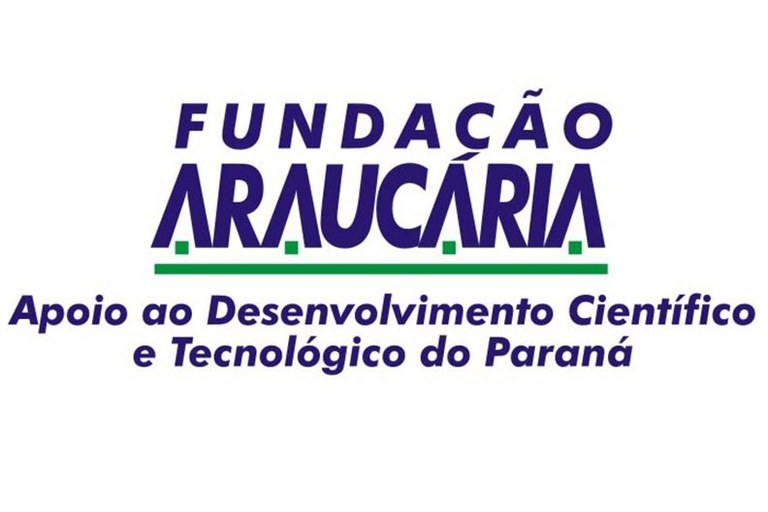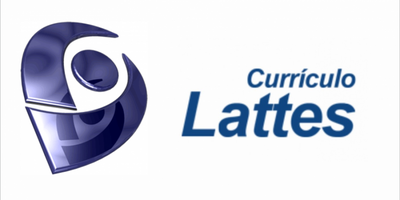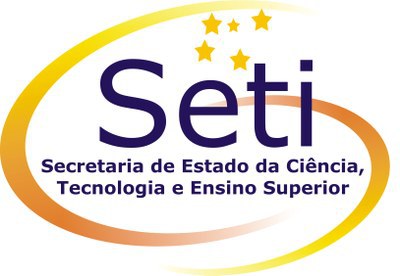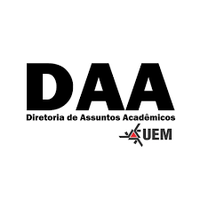REVISIÓN DE ARTÍCULOS CIENTÍFICOS: ANÁLISIS Y ELABORACIÓN DE PARECERES
Docentes: Débora de Mello Gonçales Sant´Ana y Ana Paula Vidotti
Síntesis: Conceptos de revisión por pares. Formación de nuevos revisores: integridad científica, rigor y agilidad. Práctica en la revisión de artículos.
Programa:
- Conceptos de comunicación científica en revistas y revisión por pares.
- Análisis crítico de los pros y los contras del sistema de revisión por pares.
- Integridad científica y la función del revisor.
- Sistema electrónico de edición de revistas científicas - SEER
Práctica: Elaboración de pareceres.
Evaluación: Asistencia y puntualidad. Participación en clase. Calidad de los pareceres elaborados.
Bibliografía:
ARNS, M. Open access is tiring out peer reviewers. Nature. 2014, vol. 515, nº 467, pp. 467.
MULLIGAN, A., HALL, L., and RAPHAEL, E. Peer Review in a changing world: an international study measuring the attitudes of researchers. J. Am. Soc. Inf. Sci. Technol. 2013, vol. 64, nº 1, pp. 132-161.
NICHOLAS, D., and et al. Peer review: still king in the digital age. Learned Publishing. 2015, vol. 28, nº1, pp. 15-21.
NICHOLAS, D., and et al. Trust and Authority in Scholarly Communications in the Light of the Digital Transition: setting the scene for a major study. Learned Publishing. 2014, vol. 27, nº 2, pp. 121–134.
ONITILO, A. A., and et al. A core-item reviewer evaluation (CoRE) system for manuscript peer review. Accountability in Research. 2014, vol. 21, nº 2, pp. 109–21.
PARK, I.-U., PEACEY, M. W., and MUNAFÒ, M. R. Modelling the effects of subjective and objective decision making in scientific peer review. Nature. 2014. vol. 506, nº 7486, pp. 93–6.
VESNIC-ALUJEVIC, L. Peer review and scientific publishing in times of web 2.0. Publishing Research Quarterly. 2014, vol. 30, nº 1, pp 39-49.







